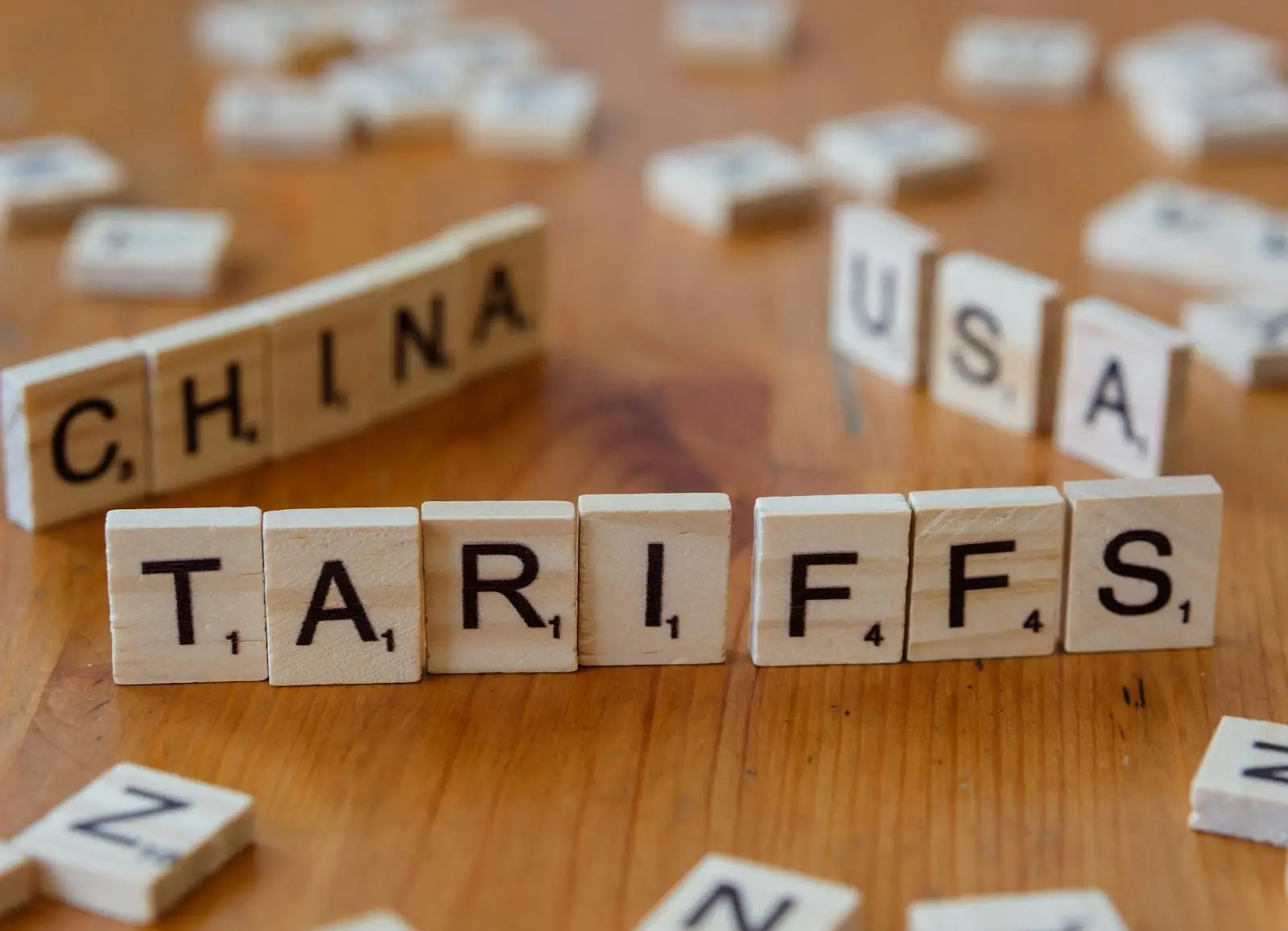Singapore and China have announced that they will establish a 30-day mutual visa exemption agreement between both countries starting in early 2024.
Chinese citizens currently require a visa to enter Singapore. The visa exemption agreement will eliminate the hassle of visa applications Currently, Singaporeans can enter China without a visa for 15 days if they are travelling for business, sightseeing, visiting relatives and friends, and in transit. This 15-day visa-free policy was suspended when China imposed travel restrictions during the COVID-19 pandemic and was resumed on July 26, 2023.
In the hour after the announcement of the visa exemption agreement, Trip.com saw an 80 per cent increase in the search volume for deals in Singapore, the company said. Searches for flight tickets and hotels also increased by 90 per cent and 50 per cent respectively, noting that from January to October, 1.13 million Chinese tourists arrived in Singapore, making China the second-largest source of inbound visitors to Singapore.
Before the pandemic, there were some 400 direct flights a week between China and Singapore. Currently, flights between the two countries are at about 70 per cent of pre-pandemic levels. There will be upcoming discussions with the Chinese authorities on how both sides can further increase the number of direct flights, so they can first be restored fully to pre-pandemic levels.
China is an important market for the SIA Group, which comprises Singapore Airlines and Scoot, said its spokesperson as reported on CNA.com. As of December, the SIA Group serves 23 destinations in China, compared to its 25 destinations before the pandemic.
There are 150 passenger flights to and from China each week, with Singapore Airlines operating 70 and Scoot operating 80. This is an overall increase from about 132 flights in July, where the two airlines operated 49 and 83 flights respectively.
Research from the Nanyang Technological University (NTU) on China’s outbound tourism in 2023 showed that the country’s travellers tended towards revenge travel, with a “resilient eagerness” to go overseas. Southeast Asia is China’s top outbound destination.
“Chinese travellers rank destination safety, unique scenery and being friendly to the Chinese as the top three destination considerations. They long to travel abroad, yet also want to feel at home when travelling in terms of the language and payment choices. Singapore meets all the criteria,” a spokesperson from NTU said to CNA.com.
Malaysia and Thailand have also recently granted Chinese tourists visa-free access. From Dec 1, visitors from China will be allowed to enter Malaysia without the need for a visa for up to 30 days. Malaysians travelling to China can enjoy visa-free travel for up to 15 days starting Dec 1, 2023 until Nov 30, 2024. For this same period, China also announced similar visa-free travel for citizens of France, Germany, Italy, the Netherlands and Spain.
Chinese tourists can enter Thailand without a visa between Sep 25, 2023 and Feb 29, 2024. Through this five-month stimulus scheme, tourists can stay for up to 30 days with the government aiming to attract some five million Chinese tourists by the end of the year and help contribute to Thailand’s tourism revenue target of US$65.8 billion. Between Jan and Sep 10, 2023, Thailand saw over 2.2 million Chinese visitors, making it the largest source of tourists after Malaysia.













